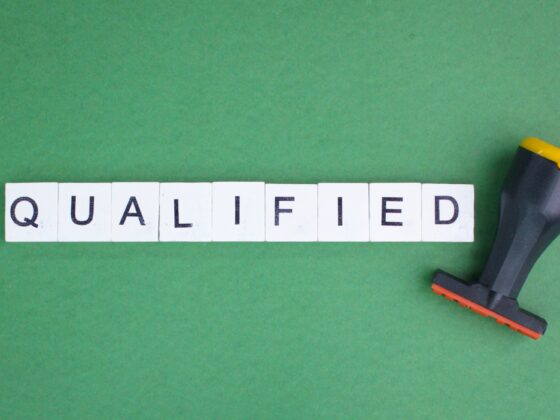If you’re struggling to hear or having trouble understanding conversations, buying OTC (over-the-counter) hearing aids without a prescription can seem like an enticing option. In fact, most medical plans don’t cover hearing aids, so purchasing OTC hearing aids may be your only cost-effective option. Also, OTC hearing aids are an eligible FSA or HSA expense. However, there are some things you should know before going this route.
In this blog post, we’ll explore what OTC hearing aids are, how they differ from traditional hearing aids, and what benefits they can offer. We’ll also explore some potential downsides to OTC hearing aids, as well as what to keep in mind if you’re considering purchasing them.
1. What are OTC Hearing Aids and How are They Different from Traditional Hearing Aids?
OTC hearing aids are similar in design and function to traditional hearing aids, but they are available without a prescription from a hearing healthcare professional. They are typically sold in retail stores or online, offering people the ability to improve their hearing without going through the hassle of getting a prescription.
OTC hearing aids are more affordable than traditional hearing aids, which can cost several thousand dollars. However, OTC hearing aids are not customized to fit your individual hearing needs. They are instead designed to be a one-size-fits-all solution. This can lead to them being less effective than traditional hearing aids, which provide more customized solutions to assist with specific hearing deficiencies.
2. The Benefits of OTC Hearing Aids
For many people, OTC hearing aids provide a great solution to their hearing difficulties. One benefit of OTC hearing aids are their accessibility. They are available without the need of a prescription which makes them convenient for most people. Also, OTC hearing aids tend to come with a lower price tag than traditional hearing aids, which can be a significant factor for someone who may not be able to afford traditional hearing aids.
Another benefit of OTC hearing aids is that they are usually designed to be easy to use, without the need for complex settings and adjustments. They normally have a simple design that makes them suitable for people who are not tech-savvy.
Due to the high cost of prescription hearing aids, some people have taken advantage of the OTC hearing aids as a “spare”. Taking them on vacation for the added security of having an extra pair should something happen to their prescription. Or often leaving the expensive pair at home!
3. The Downsides of OTC Hearing Aids
Despite their accessibility, affordability and ease of use, OTC hearing aids have some drawbacks. Because they lack the customization of medical-grade hearing devices, they may not work as well for people with more severe hearing loss. They also don’t typically have the same advanced features that can be found in traditional hearing aids, such as noise-canceling technology or directional microphones.
Safety is another concern with OTC hearing aids. Some OTC hearing aids, specifically those sold online, may not meet safety standards. You should only purchase OTC hearing aids from reputable retailers and brands that have a track record of safety.
4. What to Consider Before Purchasing OTC Hearing Aids
If you’re considering purchasing OTC hearing aids, there are a few things to keep in mind. First, you should have your hearing tested by a hearing healthcare professional. This will help you determine if you’re a good candidate for OTC hearing aids or if you need customized hearing solutions. You should also research brands and models to ensure that they are reliable and meet safety standards. Finally, it is essential to keep in mind that OTC hearing aids are not as effective as medical-grade hearing devices. They are an excellent option for people with mild or moderate hearing loss, but if you have severe hearing loss, it may be worth considering medical-grade hearing aids.
OTC hearing aids offer a cost-effective solution for individuals looking to improve their hearing. This option is especially useful for those without medical coverage for traditional hearing aids. While they may not offer the same level of customization or advanced features as traditional hearing aids, they may still be effective for people with mild or moderate hearing loss. However, safety concerns, and the lack of customization means careful research is key, and a hearing test is recommended to assess your hearing needs before settling for an OTC hearing aid. Ultimately, for those who are good candidates and can find a high-quality option, OTC hearing aids can be a great way to improve their hearing on a budget.





